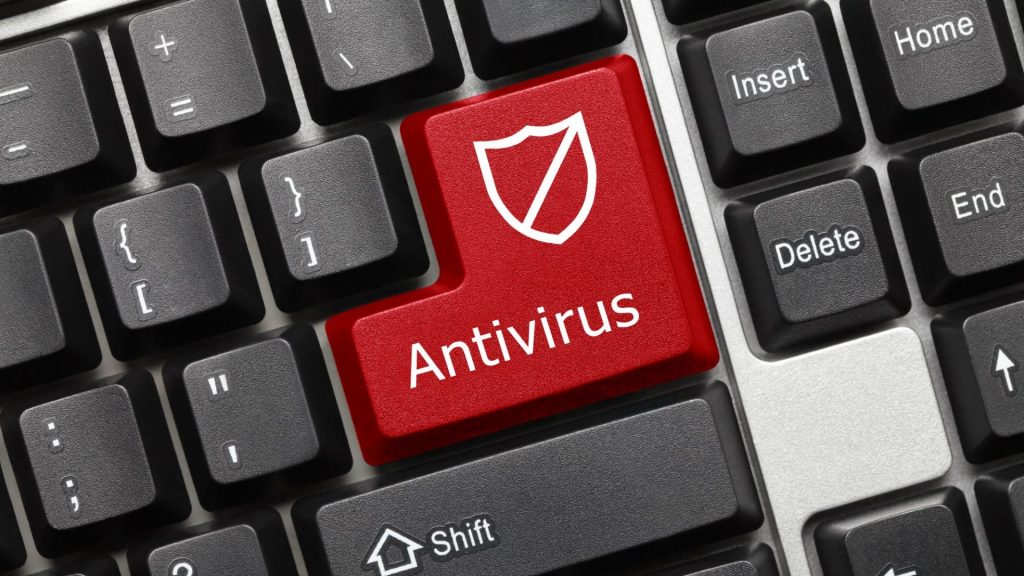Cyber security should be at the forefront of everyone’s mind when using technology. There are certain precautions individuals and businesses can take to prevent cyber attacks. Here are 10 things you can do to increase your cybersecurity.
Do’s
1. Keep your software up to date
Software updates are essentially small revisions to the original software. Updates can include fixing holes in the software, removing bugs, or creating updated features. Updates help fix security flaws which helps protect your business and its data. Using outdated software is a risk to your cyber security.
2. Perform regular backups
The main reason all of your important files should be backed up is to save them in case a system failure occurs. Backups offer you peace of mind – in case of a crash or cybersecurity crisis, your company has a reliable archive of all your files.
3. Use anti virus software
Antivirus software helps prevent cyber-attacks which ultimately affect the performance of your system. An antivirus will recognize when there is a threat to the system and promptly works on eliminating it.

4. Know where your data is going
Cloud storage has become extremely prominent recently, and sometimes we trust it with our data without knowing what our information will be used for. It is important to know what data legislation that company is subject to before giving them your data. ‘Remember my password’ is a common feature that sometimes does not have tight cyber security.
5. Delete old accounts
MySpace is the perfect example of why you should delete old accounts you don’t use anymore. In 2016 up to 360 million MySpace accounts went up for sale, including personal emails, passwords, and usernames. At one time this online platform was the most popular on the internet, but soon became a risk to many individuals’ personal information.

Don’ts
1. Don’t make your personal data public
According to a recent study, 64% of Americans have had their personal information exposed by a data breach of some kind. Unfortunately, certain things need to be protected on the internet; addresses, biometrics, vehicle IDs, and much more. Keeping this data private can help reduce identity theft, protect financial information, and improve your cyber security in general.
2. Don’t use insecure websites
Insecure websites leave you vulnerable to cyber security threats. Hypertext Transfer Protocol Secure (HTTPS) is the main thing that keeps websites secure. Without it, there can be “prying eyes” in the back-end of the website seeing your personal information.

3. Don’t use public wifi networks and hotspots
Many hackers use public wifi as a way to intrude your device with malware to see all your emails, texts, credit card information, and essentially anything on your device. Rather than public networks, use a virtual private network (VPN) to secure your data.
4. Don’t become complacent about cyber security
Small businesses especially should have cybersecurity at the forefront of their business plan. Consumers trust e-commerce websites and businesses with their information, so they should treasure it.
5. Don’t install unauthorized programs on your device
Some insecure applications can often appear to be valid software. To make sure the application is authorized and safe to install, look into the developer to see more about their apps and reputation.
Whether you’re a business owner or an employee, your data is valuable and should be protected. These 10 do’s and don’ts are just the beginning of cybersecurity. If your business needs help securing its website or software, an expert at Sangwa can help!






